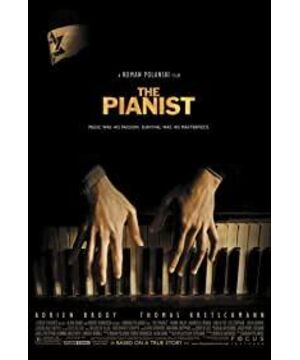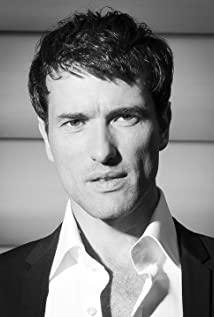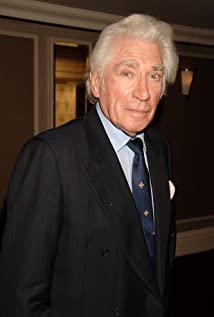officer's son saw the pianist himself after the war and was imaginatively touched. Before that, the officer's widow took out the war diary of her husband's death, which recorded the father of five children's contempt for the Nazis. The existence of this kind of diary is actually a time bomb on himself, and he himself is aware of this danger. In the autobiography of the pianist, the officer’s statement is described, and he is ashamed of being a German.
In Peace In the ages, he can be labeled as having a conscience. In the war years, conscience cannot be defined.
He was originally a teacher of the ethics school, joined the army, and went from a low-level to a high-ranking general in Poland. The process in the middle made the Jews refuse to treat him. Chase as a hero, even though someone came out after the war to prove that he saved my brother, younger brother, younger sister... the
pianist has also been working hard to get him the "due" honor, but he did not fulfill his wish until his death. .
now, before the offspring diary build pianist and officers later found and objects, out of a pass. the cover is his photo, handsome than the movie!
View more about The Pianist reviews











